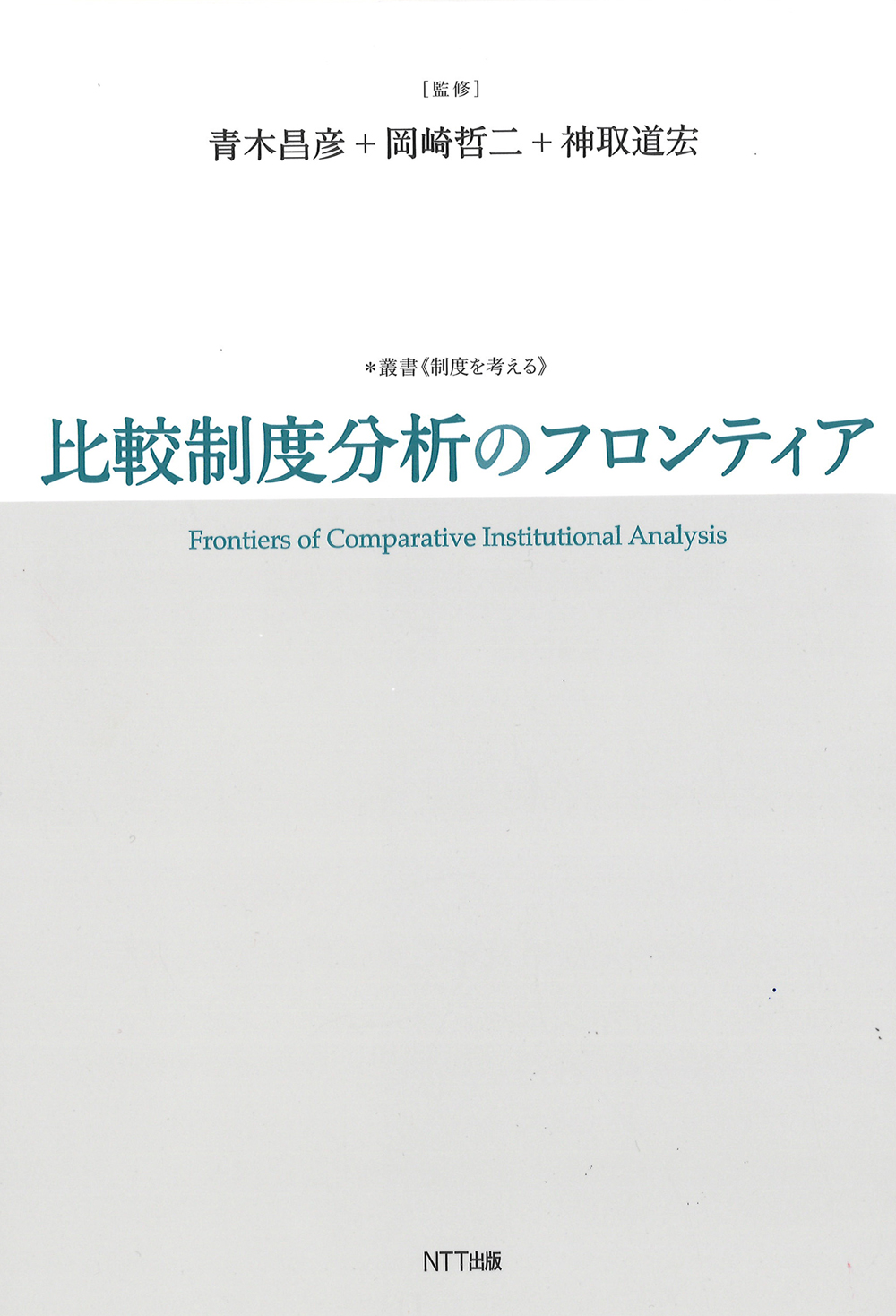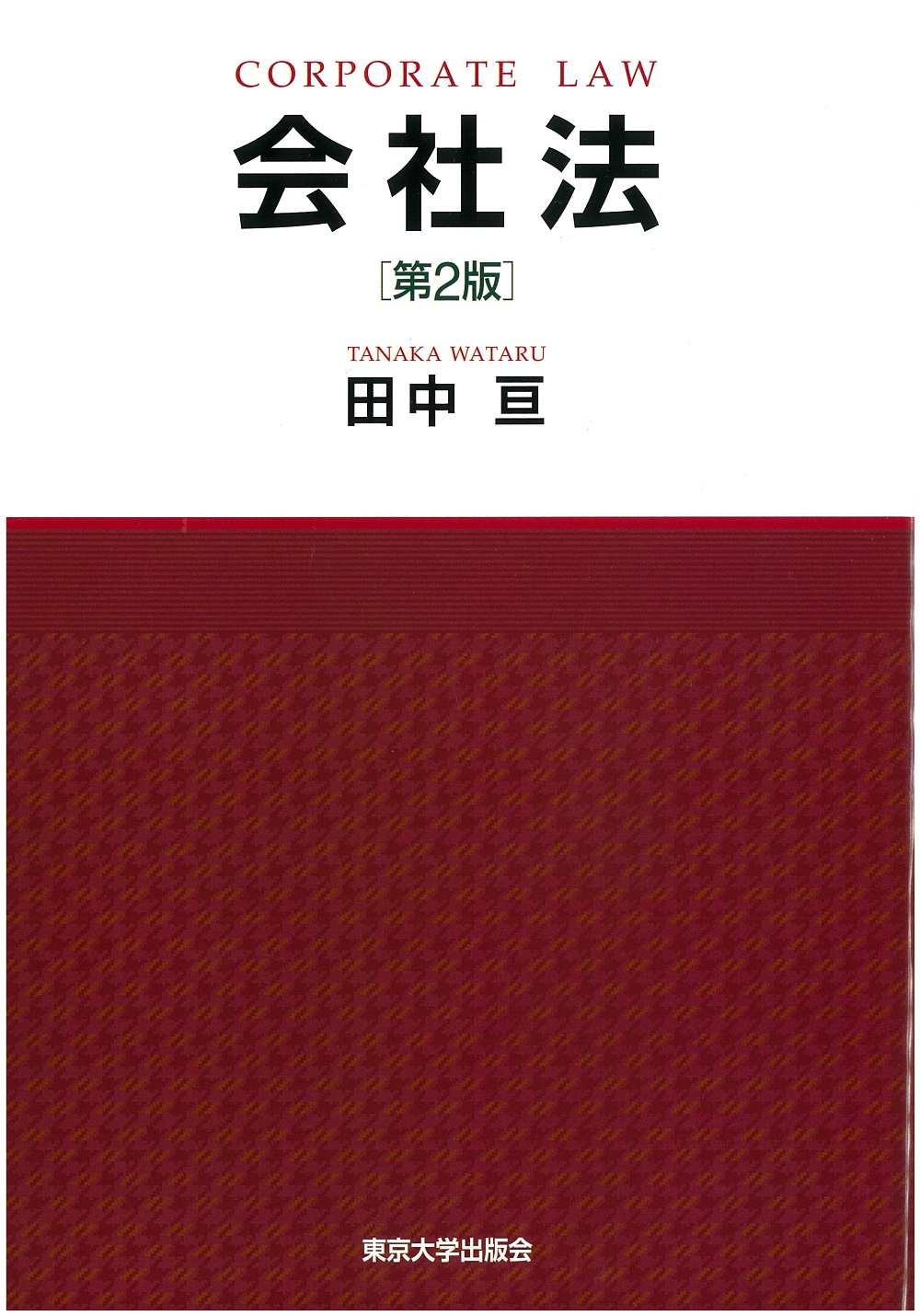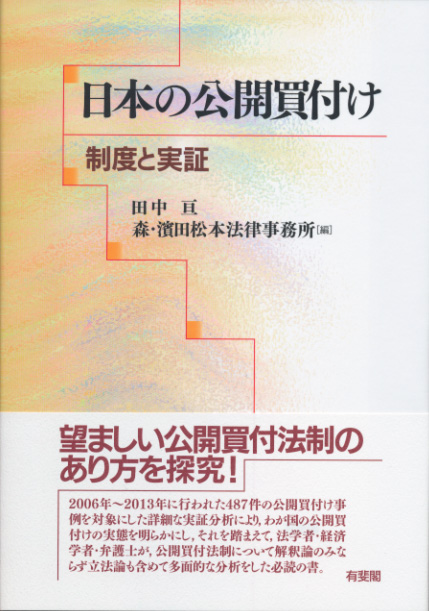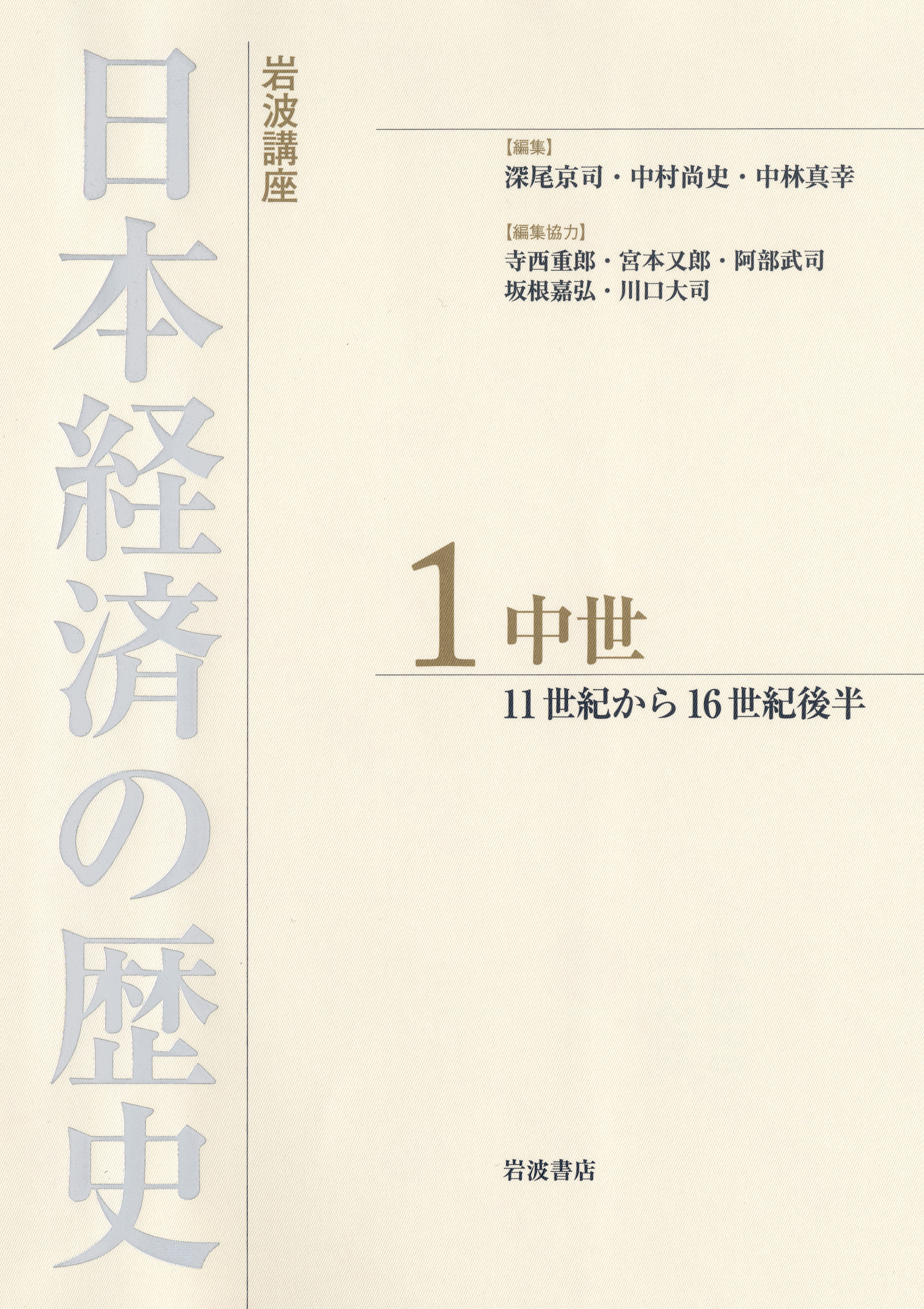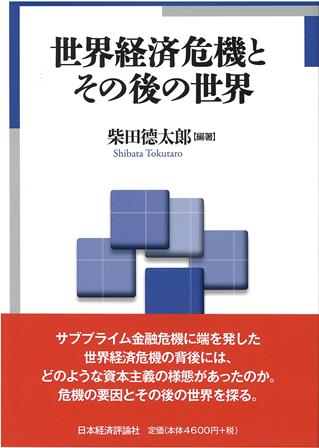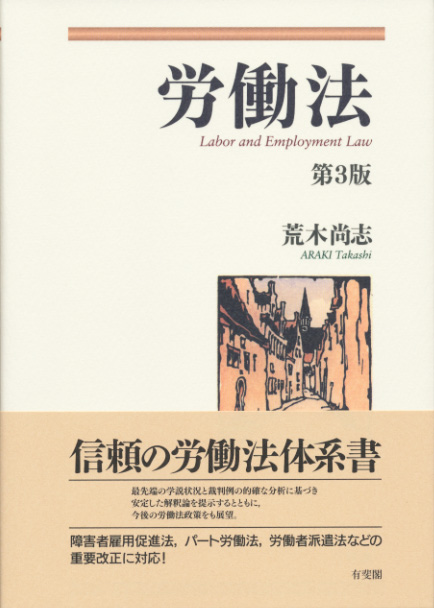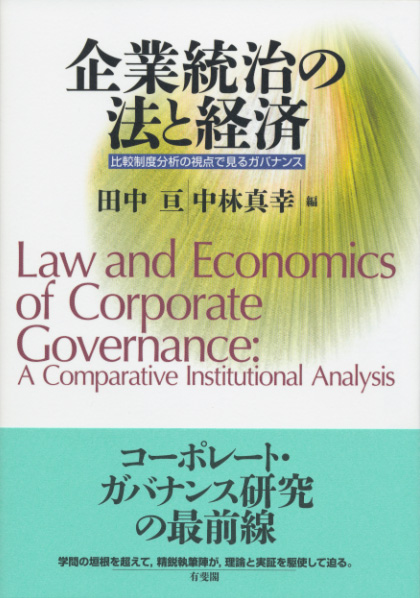
Title
Kigyotōchi no Hō to Keizai (The Law and Economics of Corporate Governance: Governance from a Perspective of Comparative Institutional Analysis)
Size
416 pages, A5 format, softcover
Language
Japanese
Released
March 30, 2015
ISBN
978-4-641-16454-3
Published by
Yuhikaku Publishing
Book Info
See Book Availability at Library
Japanese Page
In this book, “corporate governance” is defined as “the structure of incentive design and risk allocation established to promote the welfare of the various stakeholders surrounding a corporation, given conditions under which complete contracts cannot be formed.” This book focuses on corporate governance experiences in Japan, analyzes its historical developments, and explores possible future developments.
A wide variety of work in the field of corporate governance from a broad spectrum of perspectives has already been released. However, this book distinguishes itself from those efforts in that it features researchers from a variety of backgrounds to share with the reader the basic analytical frameworks of contract theory and comparative institutional analysis, as well as approaching corporate governance from the perspectives of both theory and proof.
For corporations founded on long-term relationships, it is impossible for contracts to cover all the actions that parties should take in response to various circumstances that might potentially arise in the future. Given that a completely comprehensive contract can never be written, corporate governance is a failsafe (or in other words, a "second-best solution") designed to promote, to the greatest extent possible, the welfare of the stakeholders surrounding the corporation. The state of corporate governance that has such a failsafe can be said to take a variety of forms in order to respond to a variety of economic and social environments that differ according to the region and era. This book uses the framework of comparative institutional analysis to attempt to depict the changing face of corporate governance in response to changes in the environment.
In addition to the prologue, the book is composed of 4 parts and 15 chapters.
Part 1 (Basic Theories of Corporate Governance) introduces the basic theories of corporate governance responsible for the theoretical framework used for the book's analysis (particularly the research related to contract theory) and examines the significance of, and issues with, the use of legislative systems as a means of supplementing the incomplete nature of contracts.
Part 2 (Corporate Governance in Pre-War Japan) is dedicated to historical research regarding corporate governance in Japan prior to World War II. As has been identified previously, corporate governance in pre-war Japan differed significantly from that of post-war Japan, with major shareholders in pre-war Japan acting as outside directors and exerting strong influence over corporate management. Numerous aspects of the nature of this dichotomy require further verification and investigation. Part 2 uses case studies and quantitative analysis to examine and clarify these issues from a variety of perspectives.
Part 3 (The Whereabouts of Japanese-Style Management) is dedicated to research examining whether the numerous institutions that compose corporate governance in post-war Japan—stable shareholding, lifetime employment, and boards of directors formed primarily of insiders—have evolved in conjunction with changes in the environment in recent years (since approximately 1990), as well as how these institutions are expected to change in the future. Of great interest is how the research featured in Part 3 indicates that, while the various institutions composing corporate governance are fiercely robust, the presence of a change in tendencies exists in their foundations.
Finally, Part 4 (The Outlook for Corporate Governance Reform) analyzes the recent institutional revisions regarding corporate governance (particularly revisions of corporate law and labor law systems since the 2000s) and takes a look at potential future developments.
(Written by TANAKA Wataru, Professor, Institute of Social Science / 2017)



 Find a book
Find a book


 eBook
eBook